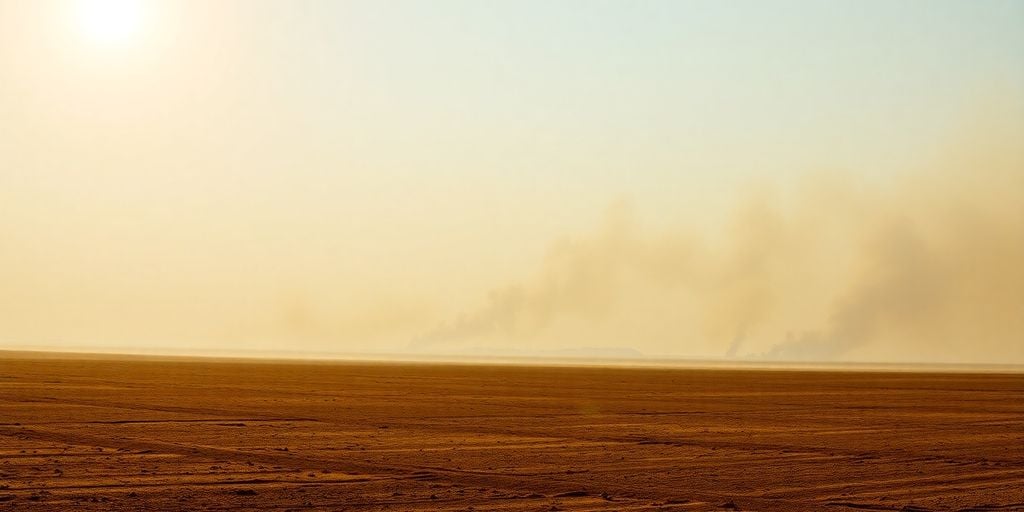A severe heatwave is gripping the Balkans, bringing record-breaking temperatures and fueling widespread wildfires across the region. Authorities are urging residents to take precautions against dehydration and heatstroke as mercury levels soar, with some areas experiencing the hottest days since the 19th century. The extreme weather is also exacerbating drought conditions, impacting agriculture and water resources.
Record-Breaking Temperatures Grip the Balkans
Temperatures across the Balkan Peninsula are forecast to reach or exceed 40 degrees Celsius (104 degrees Fahrenheit) in the coming week. Serbia recorded its hottest day since measurements began in the 19th century, with meteorologists predicting even higher temperatures. In response, health authorities are advising people to stay in shaded or air-conditioned areas and avoid direct sun exposure between 11 a.m. and 5 p.m. Tourists are seeking refuge in cooler mountain resorts, with many leaving the sweltering Adriatic coast for higher elevations.
Wildfires Rage Amidst Scorching Heat
The intense heat and dry conditions have created a tinderbox effect, leading to numerous wildfires across several Balkan countries. North Macedonia reported 15 wildfires on Tuesday alone, with seven still active. Albania has seen 21 fire outbreaks in the past 24 hours, burning over 32 hectares. Croatia has battled fires that have consumed approximately 160 hectares, while Serbia has also reported wildfires in various areas. The Hydrometeorological Institute of Kosovo issued a red alert, warning of extremely favorable conditions for forest fires.
Drought Conditions Worsen
The prolonged lack of rainfall, extending from winter and spring, has led to severe drought conditions throughout the Western Balkans. Rivers are running low, and water levels in lakes have dropped significantly. This has prompted authorities to implement water restrictions in some areas and assist agriculture with irrigation networks. Albania’s power production, heavily reliant on hydropower, has been negatively impacted, leading to increased energy imports. In Kosovo, a water shortage forced the closure of a popular open-air swimming pool, which could not be filled to its usual capacity.
Health and Environmental Impacts
The extreme heat poses significant health risks, particularly to vulnerable populations such as the elderly, children, and those with pre-existing health conditions. Heat exhaustion and heatstroke are major concerns. The dry conditions also increase the risk of wildfires, which have already caused significant damage to forests and property. Scientists are also monitoring the potential for increased toxicity in wildfire smoke due to climate change.
Sources
- Balkans braced for record-breaking heatwave, Reuters.
- Heat wave fuels wildfires across Balkans, Anadolu Ajansı.
- Wildfires scorch large swaths of southeast Europe and the Balkans, CBC.
- Western Balkans region faces severe drought and water restrictions, AP News.
- Europe braces for a new Heat Dome, Heatwave brings back 40s °C across France, Italy, and the Balkans, Severe Weather Europe.






